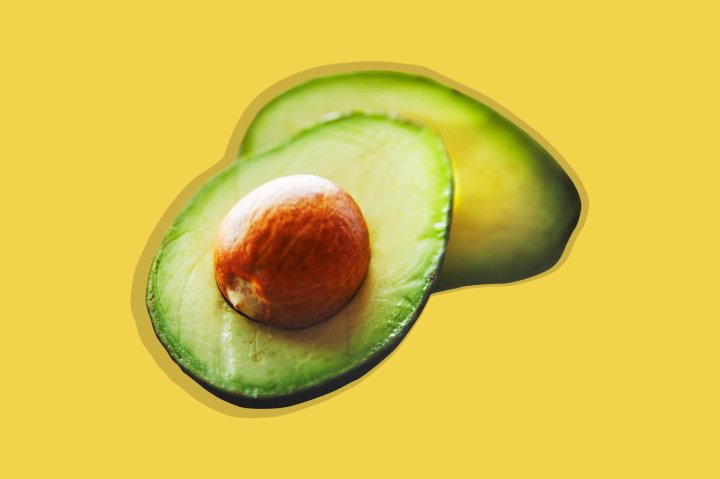Costco shoppers in the Midwest might have noticed something unusual if they recently brought home avocados: the produce didn’t go brown before they could eat it. They can thank materials scientist James Rogers and his company, Apeel Sciences, for the feat. Rogers says he was driving through California’s rich agricultural corridor when the idea for his company germinated. How is it, he wondered, that so much food is grown and yet one in nine people worldwide don’t have enough to eat? A big reason is spoilage. Food goes bad en route to market, waiting to be bought at grocery stores and sitting in bowls on people’s kitchen counters, and consumers generally don’t want unfamiliar chemicals sprayed on produce in order to keep it edible. “But what if we used food to preserve food?” Rogers says. Apeel, founded in 2012 with a grant from the Bill and Melinda Gates Foundation, has developed a way to do that. By repurposing organic materials like leftover grape pressings from wineries, the company can add an invisible, tasteless barrier to keep moisture in and oxygen out. The result: produce stays fresh two to three times longer. “We don’t need to go into a lab and create new chemistries to solve old problems,” Rogers says. “We can draw inspiration from the natural world.” —Katy Steinmetz
Next Up
Most Popular Stories
More from TIME.com
TIME may receive compensation for some links to products and services on this website. Offers may be subject to change without notice.
















